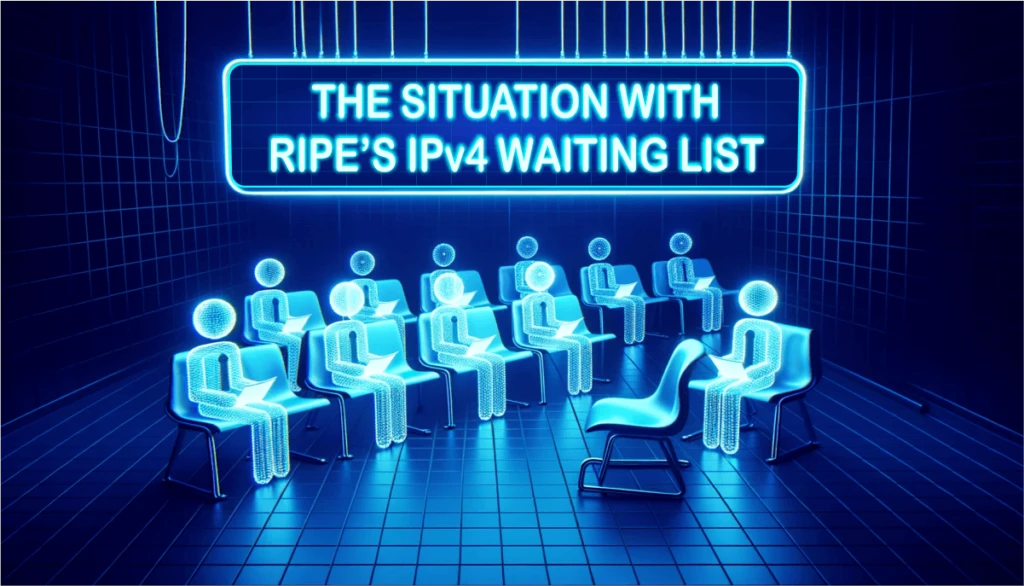The internet’s foundation is built upon a vast network of IP addresses. These unique identifiers ensure data packets reach their intended destinations. However, the distribution and management of these addresses have seen significant shifts over the years.
In the early 1980s, the Internet Assigned Numbers Authority (IANA) allocated large quantities of IPv4 addresses to organizations. This generous allocation resulted in some companies possessing millions of IPs that are either not visible on the internet or remain unused. This pool, which makes up around 35% of all IPv4 addresses, is referred to as the legacy IP space.
With the commercialization of the internet and the commoditization of IPv4 addresses, many organizations became hesitant to disclose the ownership of their unadvertised IPs, fearing potential loss. Regional Internet Registries (RIRs) have since been on a mission to locate and reclaim these unused resources to address the IPv4 address shortage. However, contacting these early registrants, also known as legacy IP space holders, has proven challenging.
Before the establishment of the RIR system, IP addresses were managed by entities like IANA and later by InterNIC, a project developed by the National Science Foundation and Network Solutions Inc. in 1993. The RIR system, which began with RIPE NCC in 1992, took over the responsibility of managing IP addresses and maintaining records within their respective regions.
Companies that obtained their IP addresses before 1997 have been approached by the American Registry for Internet Numbers Ltd. (ARIN) to sign the Legacy Registration Services Agreement (Legacy RSA). This agreement offers various benefits, including grandfathered rights, reduced fees, and future fee waivers in exchange for returning unused IP address space.
The exhaustion of IPv4 addresses is a pressing concern. There are 4.3 billion IPv4 addresses. While this seemed ample in the internet’s early days, the surge in users and devices has rapidly depleted the IPv4 pool. This exhaustion has prompted RIRs like RIPE and ARIN to seek out unused legacy address space allocations.
Frequently Asked Questions
What is legacy IP address space and why is it important?
Legacy IP address space refers to the range of IPv4 addresses allocated in the early days of the internet, which are not fully utilized today. These addresses are crucial because they represent a significant portion of the finite IPv4 space and could help alleviate the current shortage of available addresses.
What efforts are being made to manage unused legacy IP addresses?
Regional Internet Registries (RIRs) are actively seeking to reclaim unused legacy IP addresses. Efforts include contacting holders of these addresses to encourage the return of unused or unadvertised IPs and signing agreements that provide benefits for returning them, which helps free up address space for new users.
What is the Legacy Registration Services Agreement (Legacy RSA)?
The Legacy RSA is an agreement proposed by ARIN to holders of legacy IP addresses. It offers benefits such as rights retention, reduced fees, and future fee waivers to organizations that return unused IP address space, thereby contributing to the better management of the overall IP address pool.





